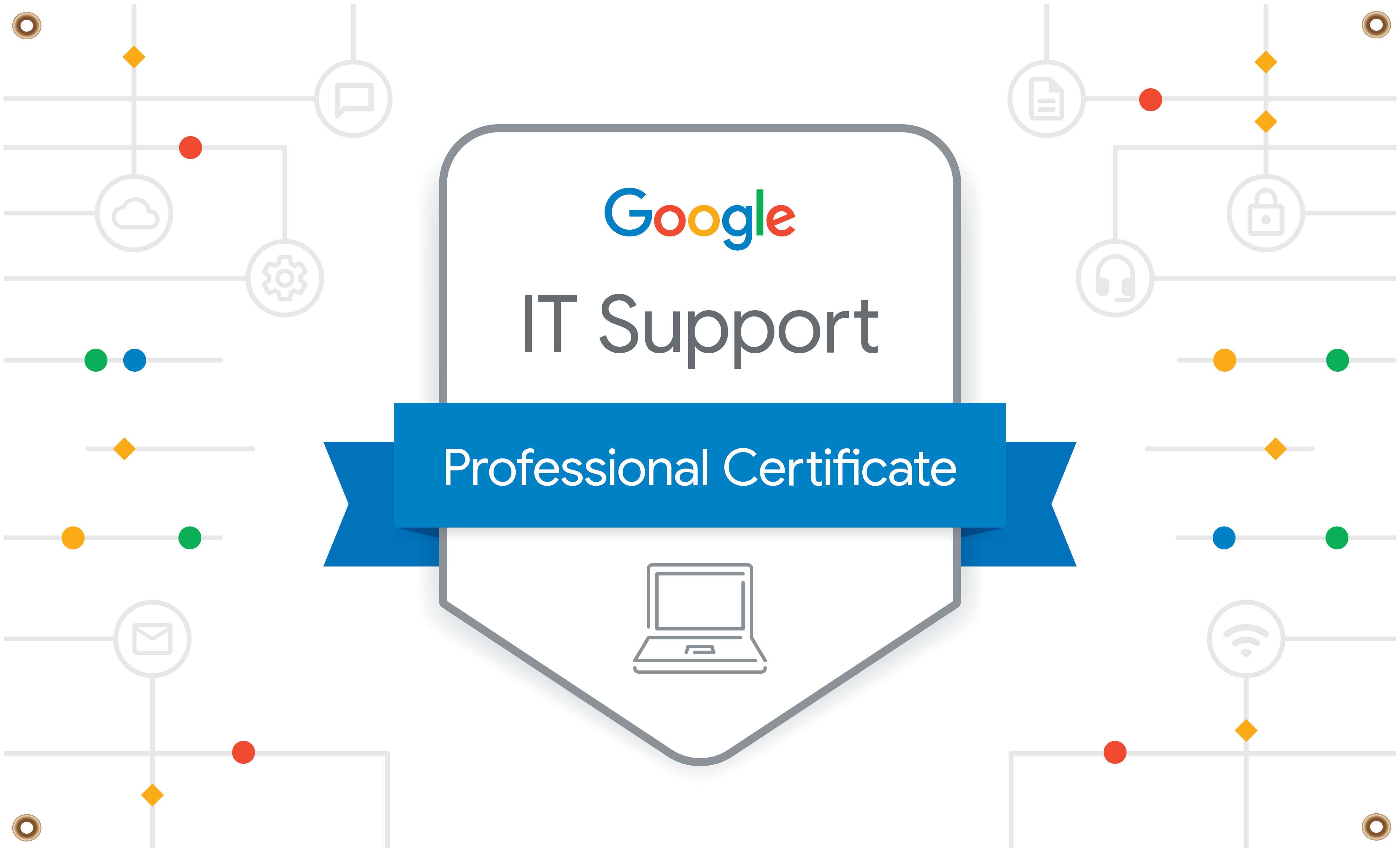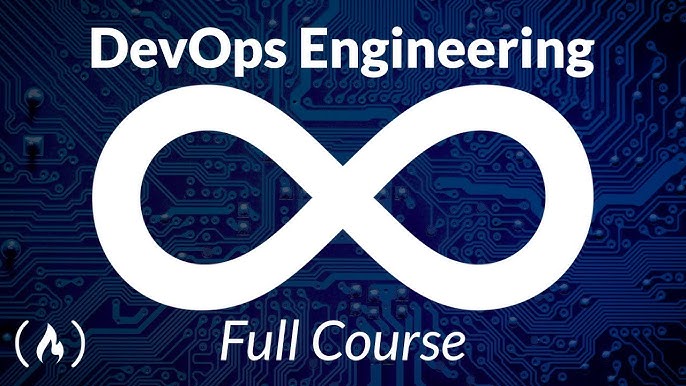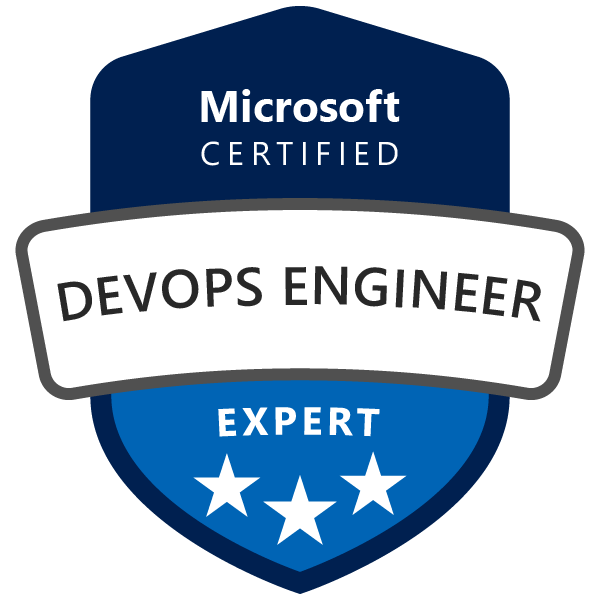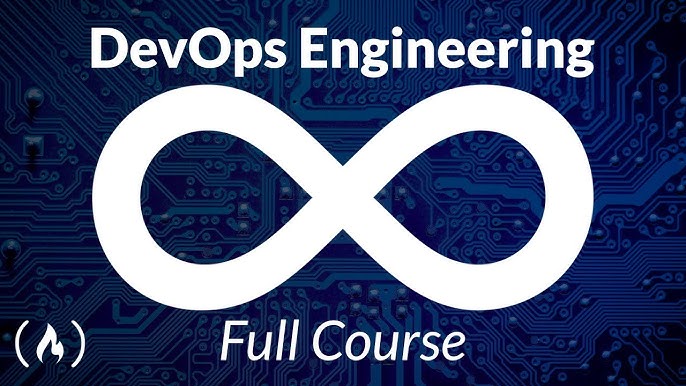IT Support, Help Desk, Technical Support Certification Guide & Tips

IT Support, Help Desk, Technical Support Certification Guide & Tips. Discover essential tips & resources in our guide for IT support, help desk, technical support certification. Elevate your skills & career today!
What is IT Support, Help Desk, & Technical Support?
IT Support, Help Desk, & Technical Support are terms often used interchangeably, but they encompass different roles & functions within the information technology landscape. IT support generally refers to a range of services aimed at assisting users, whether they are customers or company employees. This support can involve troubleshooting hardware & software issues, answering questions, & providing guidance on best practices for technology use.
The Help Desk serves as the primary point of contact for technical issues, acting as a bridge between users & IT staff. Help Desk professionals are responsible for logging issues, directing them to the appropriate parties, or resolving them on the spot. This role requires a clear understanding of various technical systems while also being adept at customer service skills.
Technical Support goes a step further, often handling more complex problems that require advanced technical skills. Professionals in this area may work directly with product manufacturers or involve in-depth analysis & resolution processes. Their expertise often includes deep knowledge of specific software or hardware & the ability to support users at all levels of technological proficiency.
The Importance of Certifications in IT Support
Certifications add substantial value to your resume, particularly in the field of IT support, help desk, technical support. They signal to potential employers that you possess the necessary skills & knowledge to handle various technical challenges. As technology continues to evolve, certifications demonstrate your commitment to staying informed & relevant. Various organizations offer certifications tailored to different levels of IT support, from entry-level to advanced.
Beyond helping you stand out, certifications can lead to better job opportunities & higher salaries. According to research, IT professionals with relevant certifications earn on average 10-20% more than their non-certified peers. Certifications can also open doors to specialized roles, allowing for career advancement into more technical or managerial positions.
On top of that, the process of preparing for these certifications can increase your knowledge base, improve your problem-solving skills, & better equip you to handle real-world scenarios effectively. Engaging in this process not only enhances your technical capabilities but also demonstrates a proactive approach towards professional development.
Common IT Support Certifications to Consider
Certification Description
CompTIA A+ This foundational certification covers essential IT skills & is often the starting point for many IT professionals.
ITIL Foundation Focuses on IT service management best practices, which is critical for those working in IT support roles.
Microsoft Certified: Azure Fundamentals Ideal for IT professionals working in cloud services, particularly those tasked with supporting Microsoft environments.
Help Desk Institute (HDI) Support Center Analyst This certification specifically targets Help Desk roles & dives into effective customer service strategies.
Essential Skills for IT Support & Help Desk Roles
In addition to technical knowledge, working in IT support, help desk, technical support requires a blend of soft skills & technical abilities. Firstly, strong communication skills are paramount. IT support professionals often convey complex concepts to users who may not be technologically savvy, so clear & concise communication is key.
Problem-solving ability is another essential trait. IT issues can range from minor inconveniences to major disruptions, & being able to analyze a situation, diagnose the problem, & implement a solution under pressure is invaluable.
And another thing, empathy plays a crucial role in customer service within IT support. Understanding the frustration a user may experience during technical difficulties can help in providing effective solutions & fostering positive relationships.
Strong communication skills
Analytical problem-solving abilities
Empathy & customer service focus
Time management skills
Adaptability to new technologies
Tips for Preparing for IT Support Certifications
As you prepare for your certification in IT support, help desk, technical support, several strategies can streamline your studies. First, it’s essential to have a study plan. Outline your daily or weekly learning goals based on the certification syllabus, making sure you allocate adequate time to each subject area.
Utilizing multiple study resources can also enhance comprehension. Online courses, textbooks, certification prep books, & practice exams provide well-rounded preparation & allow you to grasp concepts from different angles. Joining study groups or forums can help you learn from peers & share insights, making the journey less isolating.
And another thing, establishing a routine for practicing hands-on skills is vital. Engaging in real-world simulations or lab environments, if available, can solidify your theoretical knowledge. Lastly, consider taking timed practice exams to prepare for the format & pressure of the actual test.
Networking & Professional Development in IT Support
Building a professional network is crucial in the field of IT support, help desk, technical support. Joining relevant online communities, attending industry conferences, & participating in local meet-ups can provide you with opportunities to connect with peers & seasoned professionals. Networking allows you to exchange ideas, stay informed about industry trends, & even discover job openings.
On top of that, leveraging platforms like LinkedIn can significantly enhance your visibility in the IT field. Keeping your profile updated with your certifications, skills, & projects can attract recruiters & employers looking for potential candidates. Engaging with relevant content & contributing insights also showcases your expertise & enthusiasm in the field.
In addition to networking, ongoing professional development is essential. Stay up to date with new technologies, practices, & certifications. Allocate time for continual learning, whether through formal education, online courses, or self-study. This dedication not only keeps your skills sharp but also enhances your credibility as a professional.
“Certifications can be a key differentiator in your technology career, enhancing your skills & marketability.” - Magdalena Mayer
Frequently Asked Questions (FAQs)
What is the difference between IT support & technical support?
While IT support encompasses a broader range of services, including user assistance & hardware troubleshooting, technical support typically focuses on resolving more complex technical issues. IT support can include help desk functions, but technical support is generally more specialized.
Do I need a degree to work in IT support?
A degree is not mandatory to work in IT support, help desk, technical support roles. Be that as it may, having a degree can be beneficial. Many employers prioritize certifications & practical experience over formal education, particularly at entry-level positions.
How long does it take to get certified?
The time required to obtain certification varies based on the certification type & your previous knowledge. Some entry-level certifications can be prepared for in a few weeks, while advanced certifications may take several months of study & hands-on experience.
Are IT certification courses expensive?
Costs for certification courses can vary widely depending on the provider & the level of the certification. There are both affordable & expensive options available. Online resources, community colleges, or employer-sponsored programs can offer cost-effective pathways to certification.
IT Support, Help Desk, Technical Support Certification
Exploring careers in IT support, help desk, technical support can lead to rewarding opportunities. As you consider certifications & the skills required for success, remember that continuous learning, networking, & practical experience are key components. By investing time & effort into your professional development, you can position yourself effectively in the competitive IT landscape.







